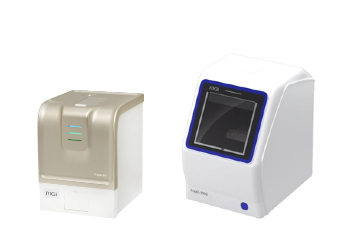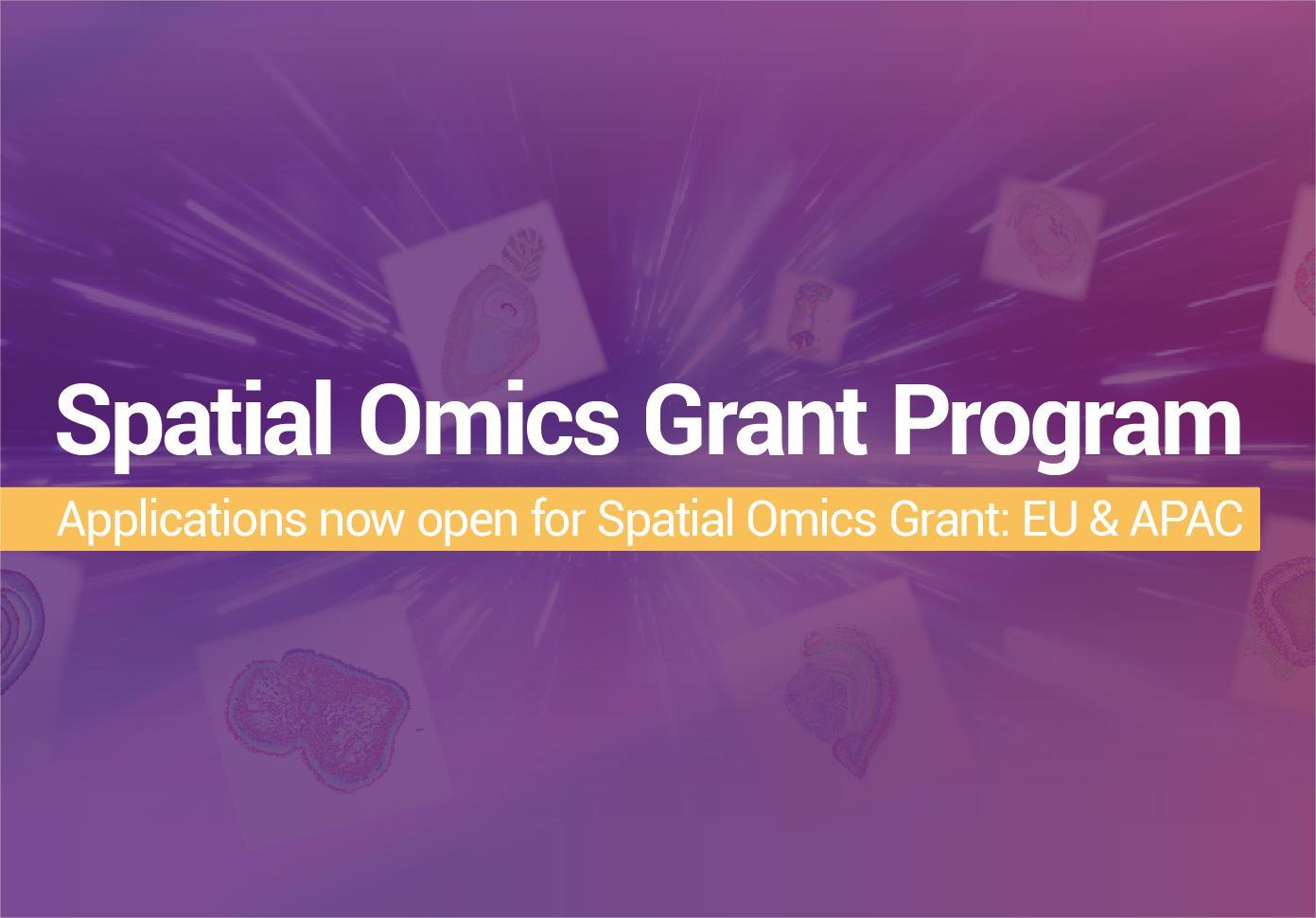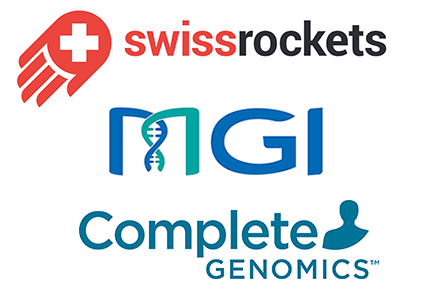Dr. Matthew Callow is Senior Director of Biochemistry at Complete Genomics. He received his PhD from the University of Western Australia in 1992 before embarking on post-doc research in the laboratory of Dr. Eddy Rubin at the Lawrence Berkeley National Laboratory. His early research focused on exploring lipoprotein metabolism utilizing transgenic mice and expression microarrays. He then joined Callida Genomics Inc. and then Complete Genomics Inc., developing sequencing technologies which included early work on DNA nanoballs and sequencing-by-ligation strategies. Since 2013, his research progressed into the development of antibody-based sequencing-by-synthesis technologies including CoolMPS.
Can you tell us more about yourself and what's your work at Complete Genomics?
Matthew: I am Senior director of Biochemistry in Complete Genomics. I manage a team of 4 researchers developing sequencing chemistry for MGI DNA sequencers.

Can you describe what a typical day or daily routine would be like when you at work? Or can you help us to understand a bit more about what's the major responsibility of Biochemistry and why do you think it's important?
Matthew: We are focused on achieving high quality DNA sequencing with long reads of 1000 bases or more. To achieve this, we need higher signal intensity from the target DNA nanoballs (DNBs), in addition we strive for low background, low signal loss, and good quality loading of DNBs on the flowcells. Our research explores the many biochemical aspects that affect these outcomes. In many ways, it's about achieving high-purity true intensity base calls from our DNA nanoball targets, while reducing mixed intensities that could lower the quality.
What do you think is the most exciting/fascinating part of being a Biochemistry Scientist?
Matthew: Understanding how biochemical systems really work and being able to manipulate the system to have it perform in a way to achieve desired outcomes. Identifying issues affecting the systems we study and finding solutions through technological advancements.
What are the common challenges facing in you daily work and what are the most valuable things you've learned from your work?
Matthew: It's important to design good experiments that teach you about the system, and to be able to learn something, no matter if it is the expected outcome, or if its from something surprising.
What do you think are the most crucial qualities for being a Biochemistry Scientist, and do you have any advice for people who want to work in this field?
Matthew: Be flexible and critical in your thinking. The data should lead you to new hypotheses to test. Always ask why is something the way it is. Don't just accept something to be correct because the machine, or someone else says so. Think about the processes that are happening that gave you that answer. With any experimental result ask why I should believe this result. Are all the controls in place? Could the design be better? Can there be more than one conclusion?
What first inspired your interest in genomic sequencing? Was there a specific moment when you realized this was your calling?
Matthew: I think I was always interested in applying science to real world problems. Once I first began working in molecular biology I found it was really suited to my technological interests. Being able to engineer a system to perform specific functions was always an interest of mine. Genomic sequencing was one of those real-world applications that utilized new molecular engineering strategies.
You spent more than 15 years at Complete Genomics from the beginning. Can you tell us why did you join Complete Genomics at the first place and what attracts you the most to stay with it?
Matthew: It was a natural progression from the early development work we were doing at Callida Genomics to transfer over to Complete Genomics. At Complete Genomics we could further develop the DNBs and the entire sequencing process, including massively parallel ordered arrays of DNBs, and being able to produce sequence information from those DNBs. I have stayed at Complete Genomics because of the talented people I work with and their desire to see the technology move forward in novel ways also.
You have witnessed almost every important moments of Complete Genomics, what moment impressed you the most or you were most proud of? Would you briefly recall how you felt at that time?
Matthew: I think the early years of DNBSEQ™ development were some of the most amazing. So much new development flowed from those first discoveries. Developing and demonstrating multiple strategies of DNA sequencing chemistry and the demonstration of antibodies binding rapidly, accurately and reversibly, would all rank highly.
What do you think are the most significant advances CG's technologies can bring to biological research and to people's lives?
Matthew: The ability to provide low cost DNA sequencing will promote understanding of biological systems and revolutionize medicine by improving the understanding of therapies in treatment and preventative care.
About MGI
MGI Tech Co., Ltd. (or its affiliates, "MGI"), headquartered in Shenzhen, is committed to building core tools and technology to lead life science through intelligent innovation. Based on its proprietary technology, MGI focuses on research & development, production, and sales of sequencing instruments**, reagents*, and related products to support life science research, agriculture, precision medicine and healthcare. MGI's mission is to develop and promote advanced life science tools for future healthcare. As of December 31, 2022, MGI has more than 2,800 employees, and 36% of whom are R&D personnel. Founded in 2016, MGI operates in more than 90 countries and regions, serving more than 2,000 customers. For more information, please visit the MGI website or connect on Twitter, LinkedIn or YouTube.



 Sequencer Products: SEQ ALL
Sequencer Products: SEQ ALL















 Technologies
Technologies Applications
Applications Online Resources
Online Resources Data Bulletins
Data Bulletins Service & Support
Service & Support Global Programs
Global Programs Introduction
Introduction Newsroom
Newsroom Doing Business With Us
Doing Business With Us Creative Club
Creative Club













